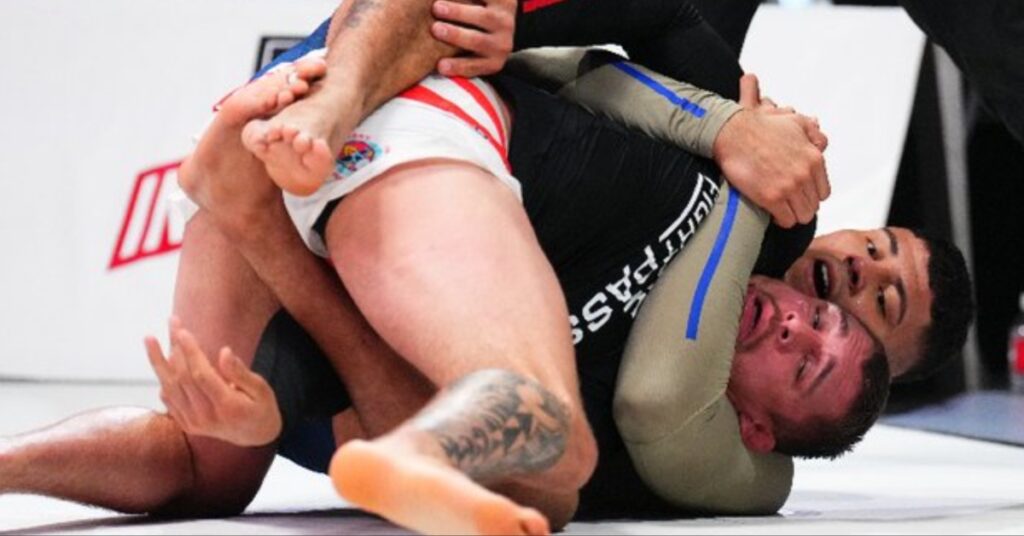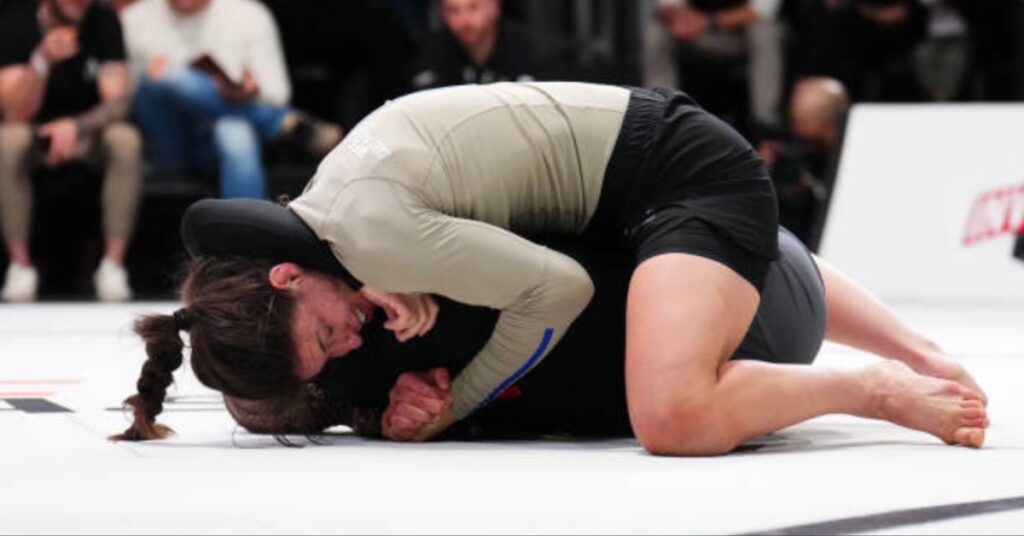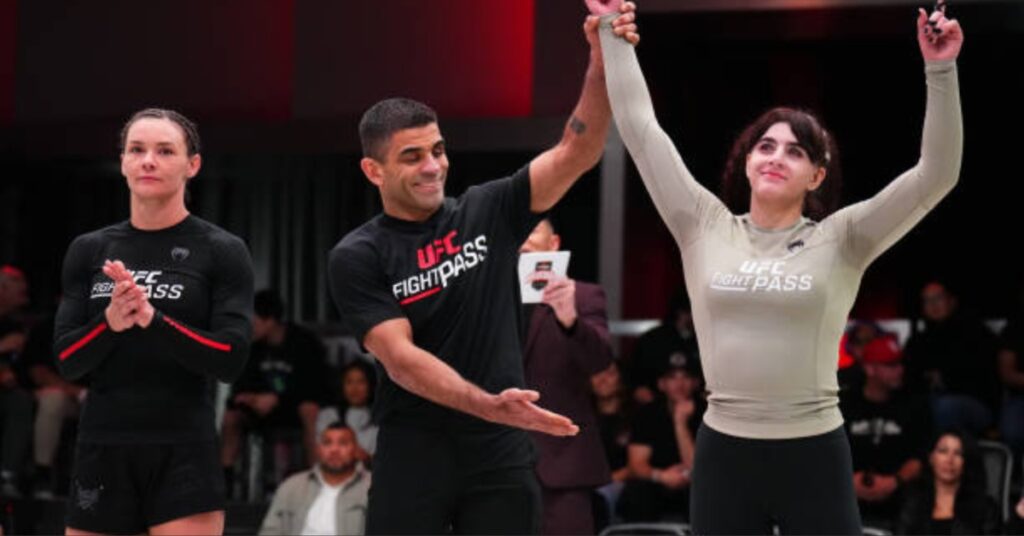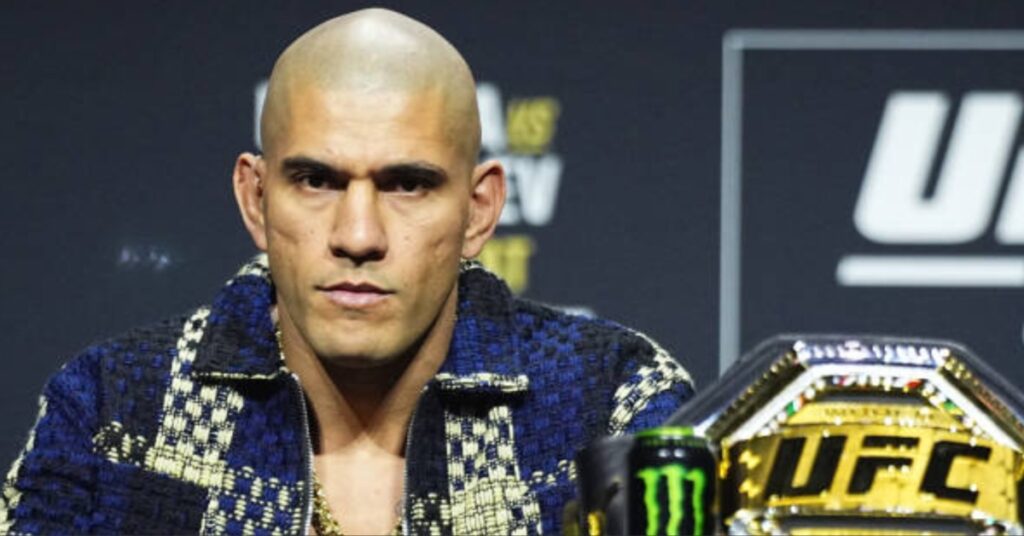The UFC Weight Game
The It is an issue which affects the entire sport of MMA, and yet, everyone from fans to fighters accepts without much question the strange way weight classes are interpreted in the UFC.
Weigh-in vs. Fighting Weight
When I first started watching MMA, it seemed rather odd that the fighters I was watching in a bout were in the weight class in which they were fighting. I soon learned that by the rules of the UFC, as long as you weighed at the maximum or less of the weight class one day before the fight–then it was all good.
As I watched more and more fights it seemed to me that LWs were huge, and WWs were enormous–MWs were HWs and LHWs were not light, but true HWs. It seemed that fighters were getting bigger as time went on–which makes no sense, since there is a fixed weight class, right?
The Weight Game
This is the weight game of the UFC. There might be a few fighters today who fight at the weight they weigh-in at, but they are becoming fewer with each event. These days, most fighters cannot afford to NOT play the weight game, since it affects their chances in the octagon so much. This strange loophole in determining weight before a fight is inherited from boxing and wrestling where drastic weight cuts before a match are commonplace.
In Dana White‘s recent video blog, he jokingly asked if Anthony Johnson was 280 lbs, to which Johnson replied, no, he was 195 lbs. This is 25 lbs higher than the maximum weight allowed in the WW division. In fact, Johnson was fighting at LHW in a WW contest.
In the same video blog, White (who is not a small man) hugged a huge Anderson Silva from behind–and it was clear that Silva was no middle weight–or even light heavy weight–he was a true heavy weight, and not due to fat, but rather, it was only his natural weight.
The Competitive Pressure to Cut Weight
Early in GSP’s career, he walked around at 180, then later 185, and after the UFC 100 fight with the massive Thiago Alves, he upped is walk around weight to 190-195–and that is with not one ounce of fat. So why did GSP increase his walk-around weight? In the fight with Alves, Alves’s extra weight made a difference. He was harder to keep down and control on the mat, and many times Alves rose to his feet, not through technical brilliance, but by sheer muscle and power. There is no doubt that in wrestling and ground control, increased muscle mass is a distinct advantage.
Mass Gives Fighter’s an Edge
As most MMA fans know, the power in striking is simple physics, and a big part of the equation for measuring the power of a strike is related to mass. After UFC Fight Night 24, when Brendon Schaub was asked about his point deduction, he claimed he did not care since this was a HW bout and would not go the distance. As many MMA fans have realized, as you go up the levels of weight classes, KOs become more common–and this is directly related to the muscle mass of the fighters.
So while fighting weight is not the sole factor in a victory, fighters know it is a huge advantage coming into a fight. Also, if their opponent is cutting weight, they must follow suit, or be put at a disadvantage before the bell even sounds.
How Much Can a Fighter Lose?
It seems the average for weight gain from weigh-in to fight night is roughly 15 – 25 lbs. If a fighter loses much more than that, then it can seriously affect cardio and stamina. And not all fighters are the same in their ability to cut weight and fight their best. Jake Shields recently cut more than 30 lbs for his fight with Martin Kampmann and was gassed early in his fight–which he barely won–some say he lost. Both Anthony Johnson and Thiago Alves have looked bad in some fights and gassed, and many would attribute this to the drastic weight cuts prior to their fights. Both fighters have not made weight in fights, much to Dana White and the UFC’s displeasure.
BJ Penn and Frankie Edgar have had success even though they did not go through massive weight cuts, but this is more of a testament to their skill in defeating much larger opponents, than it is an argument that fighters should fight at their natural weights. According to fighters, fighting at your natural weight gives increased stamina if the fight goes the distance. That is a big if, when your opponent may finish you with heavy strikes before his gas tank runs out.
Heavy Weights
The only weight class which seems somewhat immune to the UFC weight game is the HW class, and this is due to the huge disparity between the minimum weight of 206 and the maximum weight of 265. Those fighters who weigh only 220 – 230 are encouraged to cut weight to LHW, since fighting someone who cut to 265 (and therefore had a fight night weight of 285) immediately gives your opponent a giant advantage. When Randy Couture weighed 225 lbs and fought Brock Lesnar who weighed 280-285 of muscle, Lesnar had a massive edge over the smaller Couture. But Caine Velasquez defeated the heavier Lesnar, which proved the point that winning a fight was more than just muscle mass.
How Much of an Advantage is Due to Weight?
This is hard, if not impossible, to quantify. It seems fair to say that a similarly muscled heavier opponent will have some advantage. This is the very reason for the existence of weight classes. The problem is how much advantage should one ascribe to greater muscle mass? The reason this is so hard to quantify is due to other factors, like technical skill, strength (which does not always correlate to muscle appearance), speed, endurance, natural athleticism and many other reasons.
The Fighters Believe Mass Matters
Whatever the answer to this question is, there is no doubt the fighters believe that mass matters as evidenced by their ritual of losing weight( mostly water weight) prior to fights–then regaining that weight in a day. So remember when you are watching a LW fight that it is really a MW fight, and a WW fight is really a LHW fight, and a MW fight is a HW fight….






